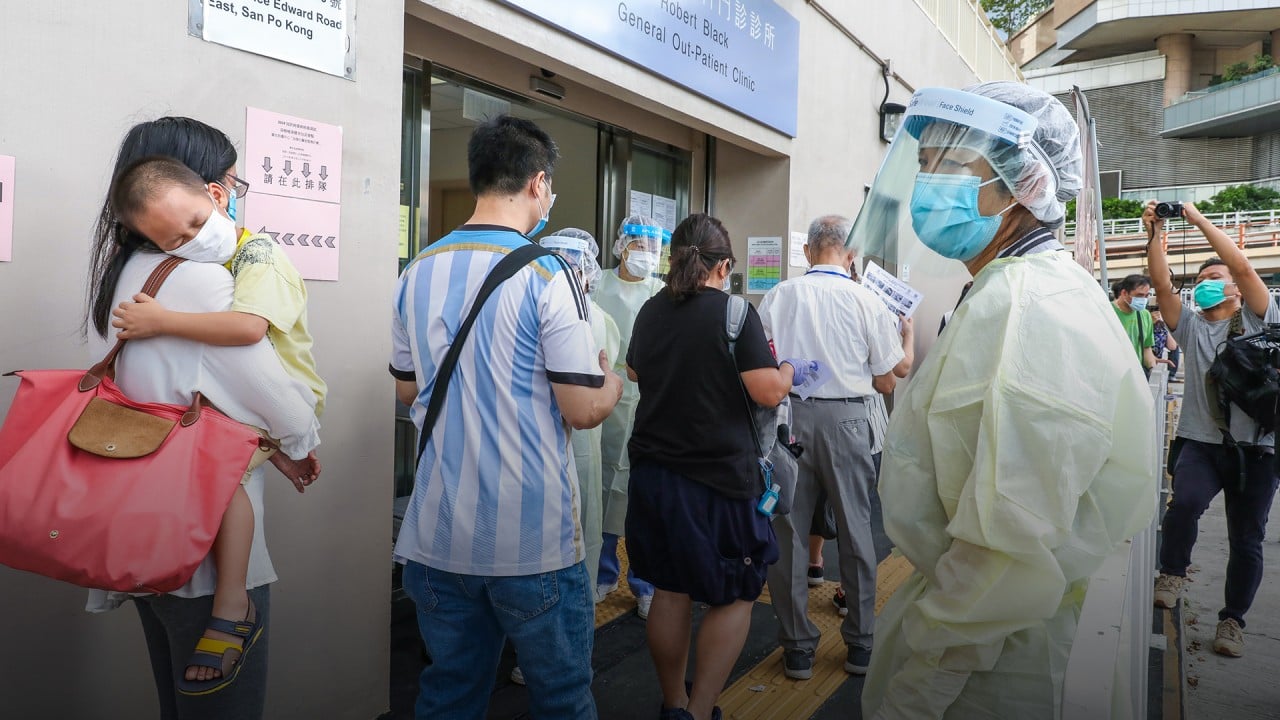
Explainer | What you need to know about Hong Kong’s mass Covid-19 testing
- One-off, voluntary scheme will begin on September 1, running for at least seven days
- Chief executive said it is the ‘civic responsibility of every Hong Kong citizen’ to take part
Chief Executive Carrie Lam Cheng Yuet-ngor asked the public to take part in the one-off, voluntary scheme to help put the city – ravaged by a third wave of the pandemic since July – on the course to recovery.
“At the end of the day, it is the conscientiousness and the civic responsibility of every Hong Kong citizen that counts,” she pleaded.
Here are some of the details you should know:
Why does Hong Kong need mass testing?
What is the timeline?
Secretary for the Civil Service Patrick Nip Tak-kuen, who is in charge of the scheme, said testing would begin on September 1, lasting seven days. Depending on the situation, it could be extended for seven more days.
Into the unknown: virus hunters and the quest to stop the next pandemic
Who are the targets?
Almost everyone in Hong Kong with an identity card is eligible, including both permanent and non-permanent residents, though not everyone is deemed suitable. The scheme involves taking samples from the nasal cavity and throat, which means people suffering from illnesses relating to those regions will not be tested. Children under the age of six are also excluded.
How do people sign up?
What you need to know, how to protect yourself against the coronavirus
Where to get tested?
As of the morning of August 31, 80 community testing centres – more than half of the 141 facilities – were fully booked for September 1, the first day of the universal testing programme.
Five centres have no availability left between September 1 and 7. They are Sau Mau Ping Community Hall, Yau Tong Community Hall, Sheung Tak Community Hall in Tseung Kwan O, Sha Kok Community Hall in Sha Tin and Ma On Shan Sports Centre.

03:07
Hong Kong’s mass Covid-19 testing to begin on September 1, to last at least 7 days
What are the procedures?
Participants will need to bring along their original identity document used for the booking, as well as the confirmation text message.
How do I get the result?
Those who test negative will receive a text message on their phone. Those with positive results will be contacted by the Department of Health and sent to hospitals or isolation facilities for treatment.
In general, members of the same household will stay in together in a quarantine centre.

